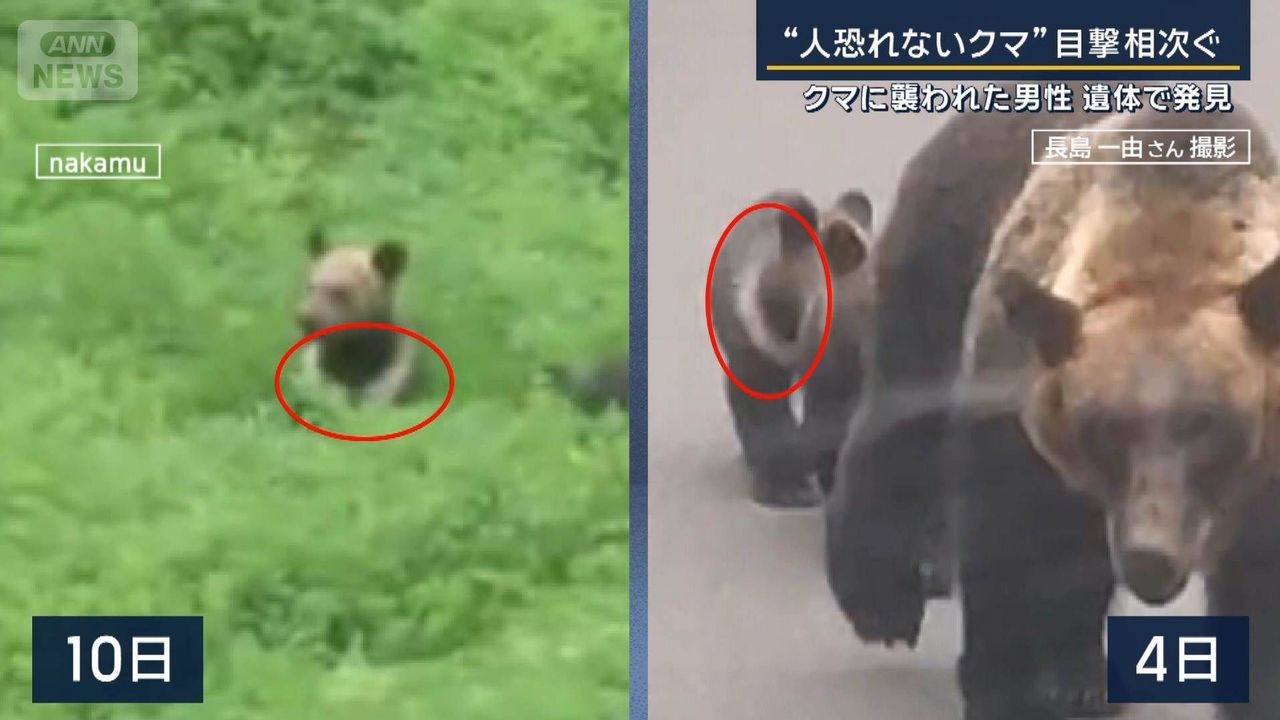A shocking incident of a fatal bear attack occurred in Japan, raising questions about whether an ongoing salmon shortage might have influenced the bear's unusual aggression. Resource scarcity often triggers such unexpected encounters, as animals venture into populated areas in search of food. An official investigation is currently under way to determine the contributing factors.
In Japan, bear attacks are relatively rare yet remain a public safety concern, especially in regions close to nature. With salmon being a primary food source for bears, any notable decline in fish populations can potentially drive them closer to human habitats. The incident has sparked conversations about how to manage wildlife interactions and safeguard both human and animal life.
In the US or EU, similar issues regarding human-wildlife conflict often involve debates on modifying human behavior and urban planning to prevent such incidents. Protection of both human life and animal species is a priority. The emphasis is also placed on understanding and addressing the impacts of environmental changes, including food scarcity for wildlife.

